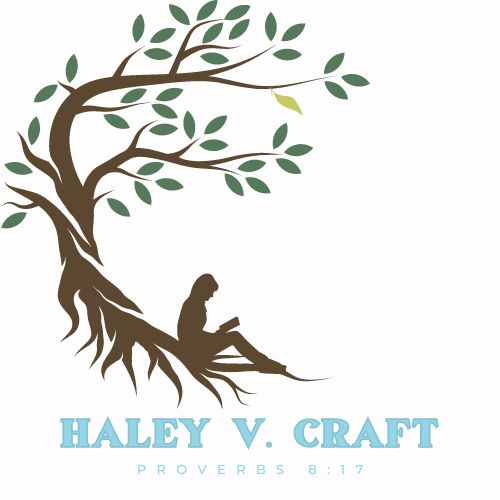The LORD appeared to him from afar, saying, “I have loved you with an everlasting love; Therefore I have drawn you with lovingkindness.”
—Jeremiah 31:3
This month we’ve focused on getting to know the Love of God more deeply. Just like our relationships with the important people in our lives, I am convinced that there are more facets to God’s Love for us than we will ever be able to discover. Some people might look at that statement and see a neverending goal that’s not worth pursuing, but I see it as a guarantee of never-ending wonder, so this week we’re going to look at one more aspect of God’s Love—everlasting faithfulness.
Jeremiah was one of the prophets who prophesied about the exile in Babylon. Specifically, he was one of the least-liked prophets prophesying about the exile in Babylon because he wasn’t interested in just saying what the people wanted to hear. He told the truth, and that didn’t make him popular.
The truth was that the people of Israel would be held captive in Babylon for 70 years. Israel would be conquered and taken captive and it wasn’t going to be a quick and easy exile, but the people weren’t particularly interested in hearing this.
Other prophets were busy spreading the lie that things really wouldn’t be so bad, that they’d only be gone for a couple of years and then they’d return, so it makes sense that the people wouldn’t be particularly thrilled by the version of their future that Jeremiah was delivering.
Because of this, Jeremiah was persecuted and almost murdered, but there’s so much more to his message than the uncomfortable part, and I can’t help but think they were missing out on something really exciting—God was letting them know He was never going to give up on them.
Just like the other times when God’s people were oppressed or taken captive because they rejected God, the pronouncement of their punishment has two parts. First, the prophet explains that judgment and struggle will come. Then the prophet records God’s emphatic decision to restore the nation of Israel when they return to Him.
The whole cycle reminds me of the parable of the prodigal son. The crime of the people of Israel was not being faithful to God. Just like the son who was both relationally and physically distant from the father in the parable, the Israelites are relationally and spiritually far from God, not because God did the leaving, but because they did.
Any time we choose to separate ourselves from the provision and protection of God there are consequences. The son in the parable experienced poverty and starvation. In Jeremiah, God’s people are facing a time of persecution, separation from their homes, and widespread rejection of their culture.
But here’s the good news—just like we see in Luke fifteen and verse three of Jeremiah thirty-one, God, our good, good Father, will never stop eagerly waiting for our return. In the parable, the Father has been watching constantly for His son’s return and when He sees him coming a long way off, He runs to meet him.
I’m not a Bible scholar, but the mention of God “[appearing] to him from afar” reminds me of the parable. He’s been watching, waiting for His people to return to Him, and when He sees them coming, He doesn’t wait for them to make it all the way home before He greets them with a joyous reminder of His Love for them.
Three times God refers to His love in this one verse. The first is a verb that references not only the act of loving someone but also the demonstration of that love. It’s like God’s saying He never stopped demonstrating His love for His people. He was still watching, still waiting, still providing, even when they were far off.
The second time He describes His love as everlasting, stretching from antiquity to all of the future, but if that wasn’t enough, He went ahead and added the third mention of love. This word, translated as lovingkindness, refers to kindness and goodness as we might guess from the English translation, but it also carries with it the connotation of unchangingness and loyalty.
Just like God’s chosen people, we have been unfaithful, sometimes with flamboyant zeal for our vices, and when we are in the midst of the struggles brought on by our rejection, it can be easy to blame Him or decide that He’s not a good God, but the reality is He doesn’t leave us that option.
The pattern of Scripture is clear. There is never a moment while breath is in our lungs that He is not eagerly waiting to shower us with His provision, power, and Love if we turn to Him because His Love, as Jeremiah wrote, is everlasting.






0 Comments